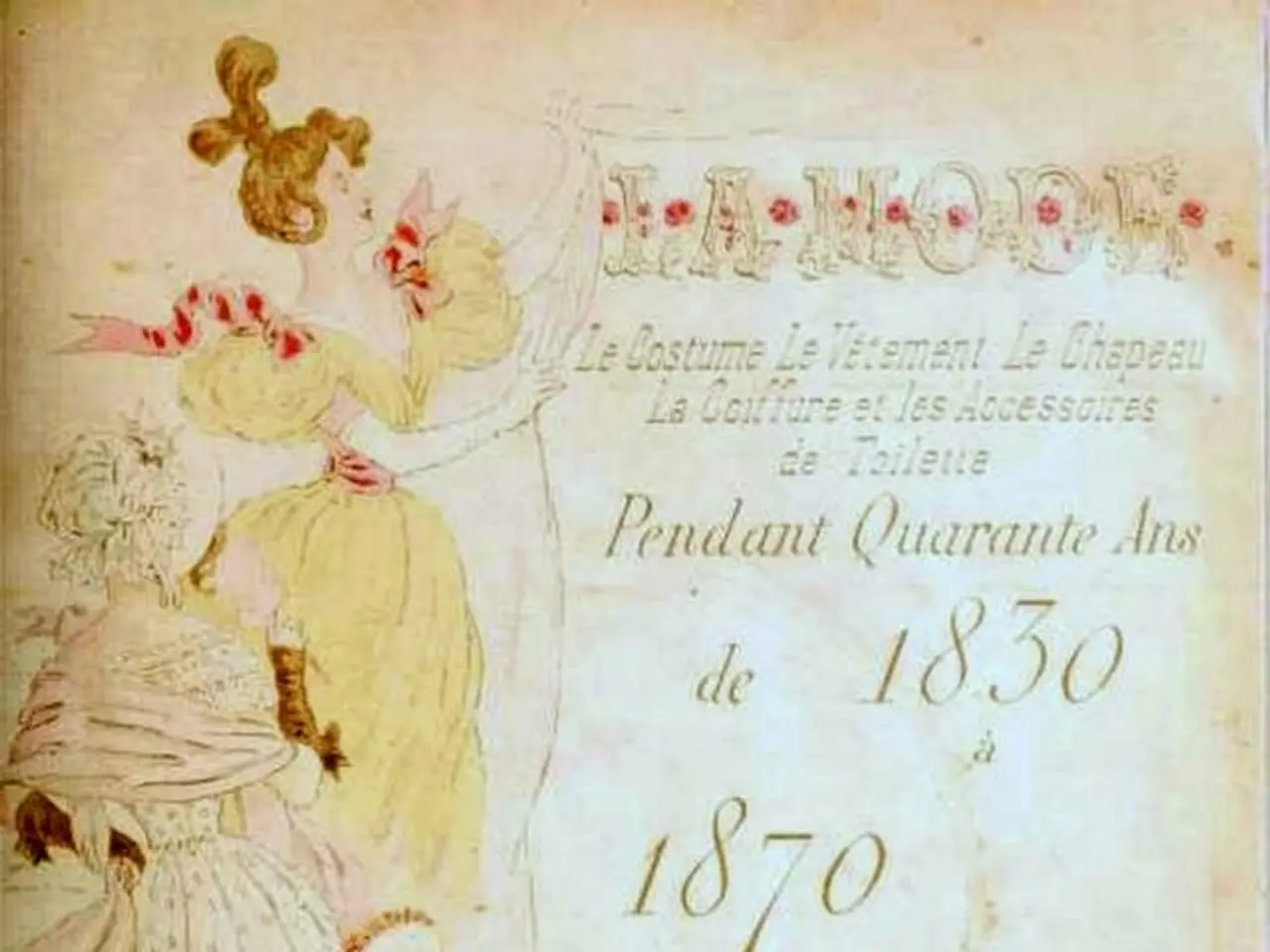Revisiting Alcott's 'Little Women' in the Contemporary World
Louisa May Alcott, born on November 29, 1832, was an American novelist, storyteller, and poet whose life and works continue to captivate readers to this day. She passed away on March 6, 1888, but her most famous work, Little Women, published in 1868, remains a classic.
Growing up in an idealistic, progressive household that emphasized education and the nourishment of one's mind, Alcott's affinity for writing and learning can be partly attributed to her father, a brilliant man who opened schools, challenged modern thinking, and was a strong advocate for women and African American rights. However, his unwavering dedication to civil rights often left Alcott to grow up in insurmountable debt, a struggle that left her mother struggling to keep the family afloat.
To assist her mother, Alcott quickly started working at a young age, taking on jobs ranging from a governess to a seamstress. Her service as a nurse in a Union hospital during the Civil War notably informed her writing, such as in Hospital Sketches, which gave a firsthand look at the struggles and courage of women working in difficult environments. These real-life experiences shaped her depiction of female characters like Jo March—who pursues a professional writing career and resists conventional gender roles—highlighting the possibility of women’s independence and individuality within family and society in the 19th century.
Little Women reflects Alcott’s belief in the value of home life while also challenging traditional roles, presenting a democratic family model where women’s ideas are valued and diverse life choices are honoured. The four sisters in Little Women each represent a different form of feminism, with Beth reminding readers to find satisfaction in what they have and enjoy life in a limiting society.
Jo, the second eldest and the tomboy of the sisters, constantly battles the stereotypes of women and what is expected of her from society. She expresses herself in her work and places her passion for writing above all else, convinced that her writing will give her a voice in society that is shut down otherwise.
Meg, the oldest of the March sisters, is characterized as a proper, feminine, and tidy girl who struggles between her desire to live a luxurious, carefree life and her adamant pride as an older sister to set an example for her younger sisters. Amy, the youngest, grows up conceited and spoiled, often trying to fill shoes that are too big for her.
Beth, the third sister, is a pacifist and a symbol of contentment, preferring family happiness over social gatherings. She is marked by a gentle shyness and a lack of material desire, and she values the small things in life. Beth continues to display her quiet strength even when she falls ill with scarlet fever.
Since its publishing in 1868, Little Women has been adapted into several films and plays, the most well-known being the 1994 version and the most recent, the 2019 version. In 2019, the novel was directed and written by renowned director Greta Gerwig, offering a fresh perspective on this timeless tale.
Beth March, fond of music, particularly the piano, is at her happiest when surrounded by loved ones. She encourages Jo to continue writing and reminds her to stay true to herself. Beth's character serves as a reminder to enjoy the simple pleasures in life and to find contentment in what we have.
Amy March, on the other hand, declares that her decision to marry Fred Vaughn is not based on sincere affection but on the wealth and affluence he can provide her family. Amy adopts an affection for the arts and is pressured by her Aunt March to marry well. Amy believes that love is not spontaneous but voluntary, and she feels trapped in a society where marriage is an economic proposition.
Jo views marriage on the premise that it is akin to imprisonment, and is convinced that love will chain her down instead of giving her the romanticized freedom that society claims it does. Jo expresses her defiance of societal norms through her writing, refusing to conform to the expectations placed upon women in the 19th century.
In summary, Alcott’s practical work to support her family and her exposure to social issues during the 1800s directly influenced her literary focus on female empowerment, the importance of work, and nuanced portrayals of family dynamics. Little Women remains a powerful and timeless tale that continues to resonate with readers today, offering a unique perspective on the struggles and triumphs of women in the 19th century.
[1] Frye, R. (2015). The HarperCollins Biographical Encyclopedia of American Literature. HarperCollins. [3] Alcott, L. M. (1873). Work: A Story of Experience. Little, Brown, and Company.
- In addition to her work in literature, Louisa May Alcott's life experiences extended into various genres, including her service as a nurse during the Civil War, which influenced her book, Hospital Sketches.
- Beyond Little Women, Alcott also authored Work: A Story of Experience, a semi-autobiographical novel that delves into the struggles of women working in demanding, non-traditional roles.
- Aside from being an influential figure in American literature, Alcott's novels also provide a rich blend of history, education, and self-development, making them valuable resources for those seeking a deeper understanding of the 19th century.
- The themes of gender roles, independence, and women's rights in Alcott's works continue to resonate in today's fashion-and-beauty, lifestyle, and entertainment discussions, demonstrating their enduring relevance.




